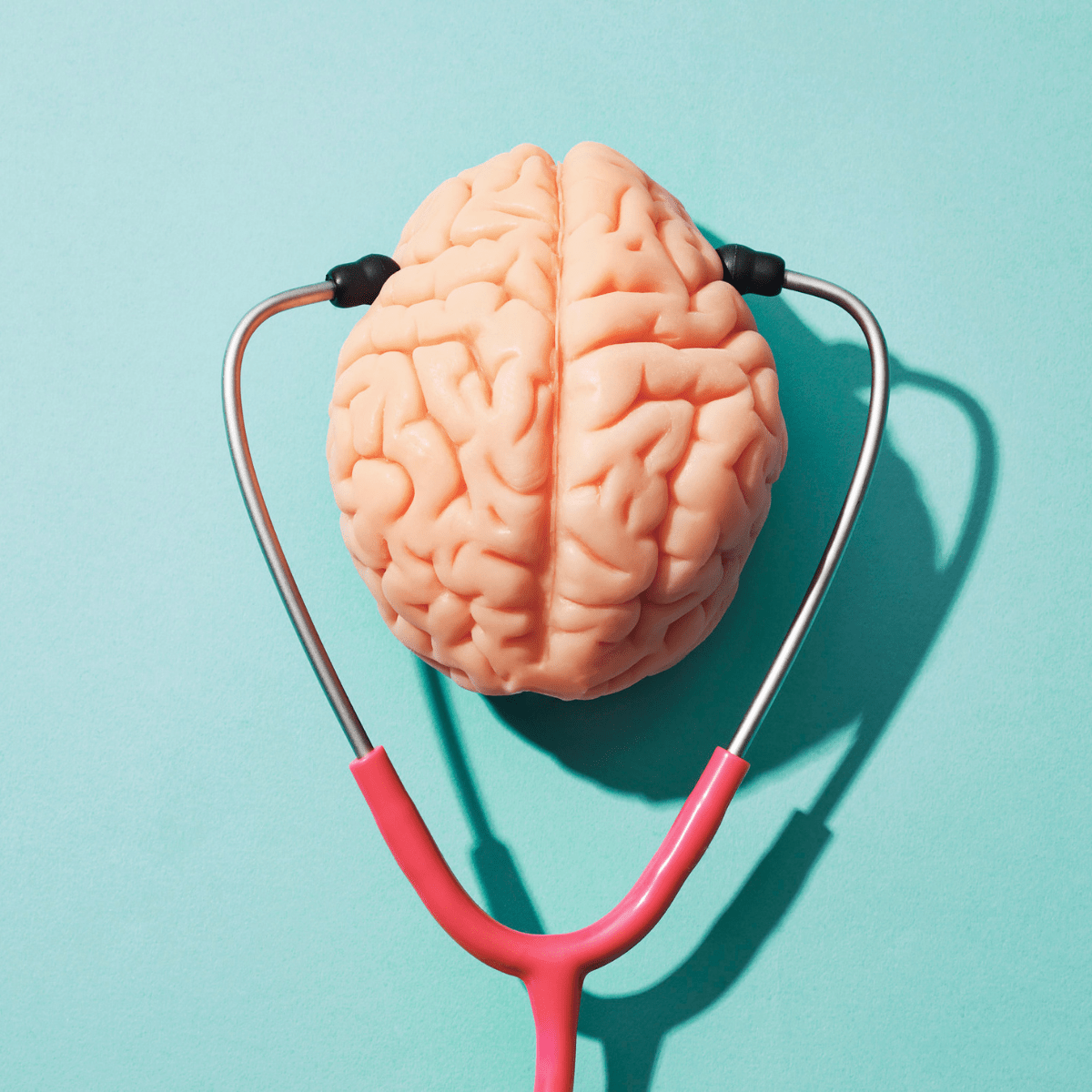ASK A DOCTOR / Health / Lifestyle
Mental Health & Chronic Disease – Understanding the Interconnection

by Jeevitha
8th October 2021
4 minutes read
Introduction
Depression symptoms are common in those who have been diagnosed with a major, life-altering chronic illness or condition.
Mental health issues and chronic diseases are prevalent and debilitating illnesses. Anyone, regardless of age, culture, race/ethnicity, gender, or wealth, can get them. The greatest cause of mortality in the globe is cardiovascular disease. Depression is another major cause of disability. Chronic conditions impair a person’s mobility and independence. They alter how they live, view themselves, and interact with others. These changes can be stressful, leading to feelings of despair or melancholy. Thus, while coping with chronic illness, patients must adjust to their sickness and their therapy.
At this time of the year, we celebrate the mental health awareness week. Let’s understand how chronic ailments lead to mental health issues. Let us also go through some tips to overcome them like a boss.
How does a person exactly feel?
A person with a chronic illness feels a wide range of strong and long-lasting emotions. These range from tiredness and dread to guilt and resentment because of demands on family and friends. Changes in life and continuing therapy coming with chronic illnesses can be tough to deal with.
It is a treatable condition?
Living with chronic illness can often lead to clinically severe depression. This is a potentially serious but curable condition. The doctor and the patient must evaluate the symptoms of depression. They can be simply a natural reaction to the stress of having a chronic medical condition. Or they can be severe enough to warrant antidepressant medication.
Difficult to diagnose
The cause-and-effect relationship of chronic disease and mental health ailments is hard to miss. Still, depression in a medically unwell person might be difficult to identify. As a result of the condition, physical symptoms such as disrupted sleep, poor appetite, and a lack of energy may present themselves. Treatment for a medical illness (for example, the usage of steroids) and the disease process itself can impact the patient’s efforts of coping with the chronic illness.
The disease’s functional limits may cause ‘explainable’ distress. And some doctors have difficulty understanding such suffering as a depressive illness. Examining the patient’s depression risk factors can help clarify the diagnosis. These factors include having a history of depression — a severe functional impairment, or pain. Other risk factors include a lack of emotional support and unfavourable social situations, such as unemployment or financial pressure.
A critical process
Despite these challenges, diagnosing and treating depression in individuals with chronic ailments is critical. Even moderate depression might make it difficult for a person to seek medical help and stick to treatment programmes. People may ignore the signs and symptoms of depression, believing it to be normal for someone suffering from a serious, long-term disease. When a patient has a chronic medical condition and is in depression, treating both the chronic illness and depression at the same time can be exhausting.
In certain situations, better treatment of a chronic medical condition may alleviate the depressive symptoms that it has produced.

Treatment is a must
Antidepressant treatments, like any other treatment, do not guarantee success, although most individuals who are treated for depression do recover. When antidepressant medicine and psychotherapy (talk therapy) are used together, recovery is generally faster and more thorough. It is strongly advised to take the prescribed medicines under the supervision of the treating physician.
Lifestyle changes helps cope emotional burden
Changes in one’s lifestyle are basic yet useful techniques for dealing with hopelessness. Regular exercise, support from support groups, medical counselling, therapy, and pursuing of hobbies are the best strategies to cope with chronic illness.

Healthy body breeds healthy mind
Taking care of one’s mind and body can help to avoid the emergence of mental health problems and chronic diseases, as well as enhance recovery rates. Mental health issues, like chronic ailments, may be treated. Because the risk factors for both mental health and chronic disease are similar, adopting good lifestyle habits can help you improve your overall health, both physically as well as psychologically.
Useful links :
Post-Surgical blues- A Roadblock to Fast Recovery
Medfin offers the latest LASER treatment for serious conditions. To consult an expert Medfin surgeon near you, please call us on 7026200200. You can also WhatsApp us on 7406557599 (click here to initiate a WhatsApp chat).
CATEGORIES
- ACL Reconstruction
- Anal Fissures
- Anal Fistula
- Appendicitis
- ASK A DOCTOR
- Benign Prostatic Hyperplasia
- Breast Lump Excision
- Cataract
- Circumcision
- Conditions & Diseases
- Cosmetology
- Covid-19
- Cure
- Endocrinology
- ENGLISH VIDEOS
- Eye Care
- Gallstones
- General Surgeries
- Government Schemes
- Gynaecology
- Gynecomastia
- Gynecomastia
- Health
- Health Insurance
- Hernia
- hindi
- Hip Arthoscopy
- Hip Replacement
- Hip Replacement Surgery
- Hydrocele
- Kannada
- Kidney Stones
- Knee Arthroscopic
- Laparoscopic
- LASER
- Latest Treatments
- Lifestyle
- Liposuction
- Medfin Stories
- Medicine
- Nephrology
- Ophthalmology
- Orthopaedic
- Paraphimosis
- Patient Testimonials
- PCL Reconstruction
- Phimosis
- Piles (Hemorrhoids)
- Pilonidal Sinus
- Proctology
- Prostate Artery Embolization
- Rhinoplasty
- Second Opinion
- Total Knee Replacement
- Uncategorised
- Urology
- uterine artery embolization
- Uterine Fibroids
- Varicocele
- Varicose Veins
- Vascular
- VIDEOS






